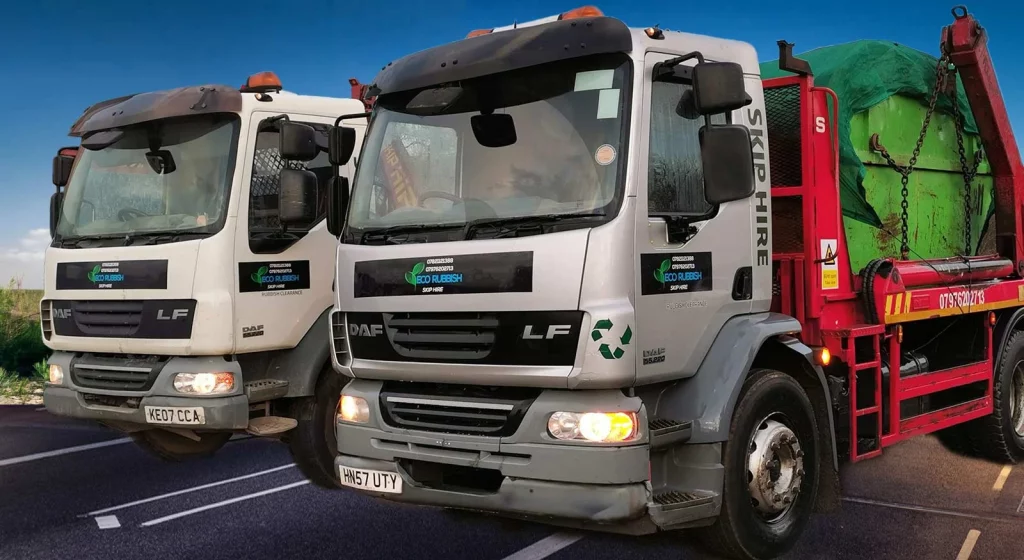Today’s world poses staggering devastation to the environment due to unsustainable waste disposal methods that pile up in landfills, leak toxic chemicals into water bodies, and release hazardous gases into the atmosphere. The solution lies in adopting Eco rubbish removals techniques that not only respect nature but improve waste management systems worldwide.
The Concept of Zero Waste Life
The notion of a zero-waste life focuses on reducing consumption, reusing existing materials, and recycling to eliminate waste production. It begins with embracing mindful consumption habits and ends with sorting discards for proper waste disposal and recycling. People who lead a zero-waste lifestyle have substantially reduced their carbon footprint by using renewable resources.
Composting Organic Materials
Organic materials like kitchen scraps and yard debris make up a large portion of household waste. Instead of tossing them into the garbage, they can be composted at home, turning them into nutrient-rich soil for gardens. Composting not only reduces methane emissions from landfills but also replenishes the soil without chemical fertilizers.
Recycling Non-Biodegradable Waste
Non-biodegradable wastes are those that cannot break down naturally in the environment. This includes plastic bottles, aluminum cans, glass jars and certain types of paper products. These materials can be collected separately and sent to recycling centers where they are processed into new goods, also saving energy and natural resources in the process.
Opting for Reusable Items
One effective way to reduce waste generation is to choose reusable items over disposable ones wherever possible. This could be anything – from shopping bags to water bottles or even cloth napkins instead of paper ones. Prolonging the usage of these items significantly helps in cutting down on household waste.
Drop-Off Programs for Hazardous Materials
Hazardous materials like paint, batteries, chemicals, electronics, should never be thrown in regular household trash as they can pose serious environmental threats when improperly disposed of. Many local municipalities offer drop-off programs where these materials can be safely disposed or repurposed.
Sustainable Packaging Practices
A great deal of trash at homes comes from product packaging. Businesses should adopt sustainable packaging solutions, such as switching from plastic to biodegradable materials or implementing package-free solutions. Consumers can support this by choosing products that come in minimal or environmentally friendly packaging.
Donating Unwanted Items
Rather than throwing away unwanted clothes, furniture or appliances, consider donating them to charities or second-hand stores. Not only does this reduce the volume of waste heading to landfills but also supports people in need while promoting sustainability.
The Role of Education
To efficiently implement eco-friendly garbage handling techniques it is crucial to educate people about their environmental impact and how they can minimize it through simple changes in day-to-day habits. Children should be taught these principles at school level so that these practices become ingrained habits throughout their lives.
Laws and Regulations Supporting Green Practices
Policymakers have a key role in driving eco-friendly garbage handling techniques by establishing laws that encourage recycling and penalize irresponsible waste disposal. Government regulations like mandatory segregation at source or incentives for businesses adopting green practices are proving helpful around the globe.
Conclusion
Eco-friendly garbage handling techniques not only present an effective solution to todays disastrous waste woes but also create opportunities for sustainable growth while preserving our planet’s future. With each individual’s small step towards proper rubbish management combining with public sector initiatives and legislative backing we can move forward on our journey towards zero waste life – one where garbage becomes a thing of the past rather than damaging our future.



